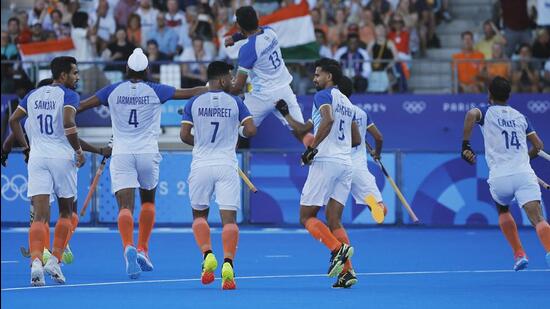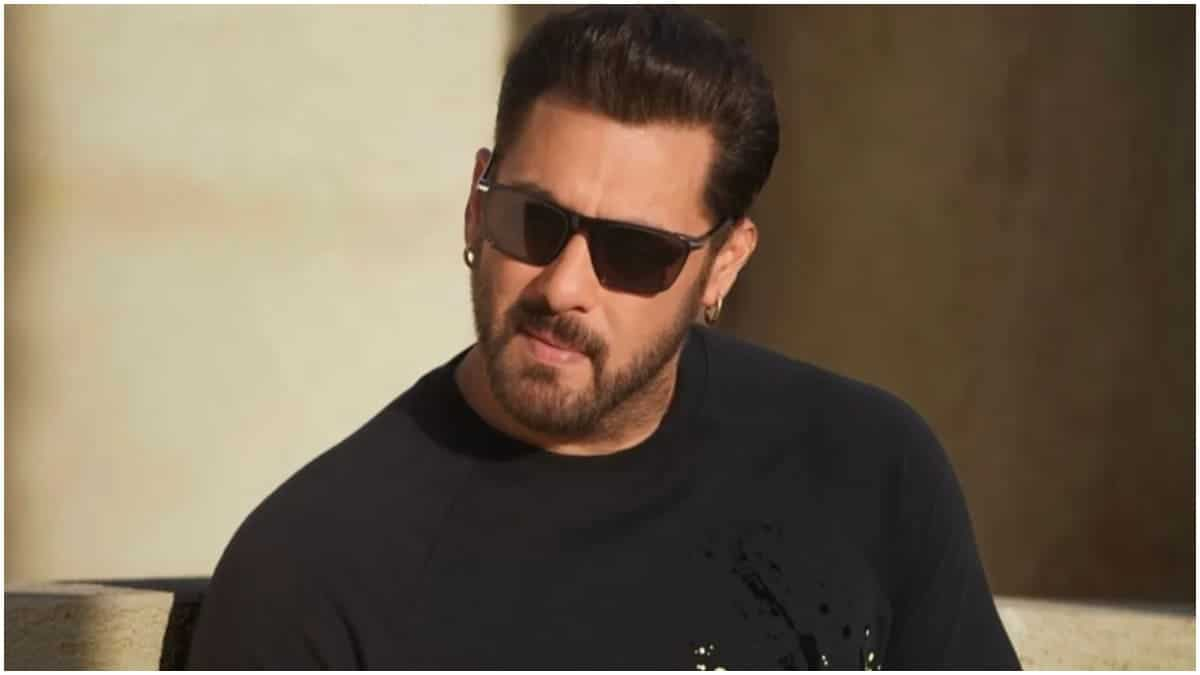
Battle of styles: Fulton’s India vs Caldas’s Spain
7 months ago | 89 Views
A gallant India fought hard but fell short against a rampaging Germany on Tuesday. True to their nature, the reigning world champions came from behind to win 3-2 in the semi-final.
But that match is done. Time to refocus and look ahead at the bronze playoff against Spain. For the first time in 52 years, the India hockey team will be fighting for a second successive medal at the Olympics.
“It won’t be easy to forget this loss. We came really close and it was everyone’s dream to change the colour of the medal this time,” said India skipper Harmanpreet Singh. “But now, we shift our focus to the bronze medal game. We have another chance at creating history by winning back-to-back medals.”
Having played all their cards in the run up to the medal rounds, the bronze playoff will be a battle of two contrasting coaching styles as Craig Fulton’s India goes up against Max Caldas’s Spain. The question is – does either of them have an ace up the sleeve yet?
A former Argentina defender, Caldas’ style and strategy is very Dutch. After playing throughout his career in the Dutch league, he coached multiple clubs before taking over the reins of the Netherlands women’s team where he had tremendous success.
He helped Netherlands women win two World Cups and Olympic golds each, one each as an assistant coach and as head coach, following which he took over the reins of the Dutch men’s team.
When the Argentine joined the Spanish setup after the Tokyo Olympics, he brought the Dutch system to Madrid.
Though the various European styles of hockey have many similarities, there are evident distinctions separating them too. The Dutch approach uses the midfield as a fulcrum before fanning out from the side flanks at rapid pace to surprise the opposition.
In the three years he has been in charge, Caldas has changed the game in Spain, who historically have struggled with the ability of their strikers.
Caldas has moulded the side into a strong attacking unit that regularly exploits the weakness of their rivals. And that has helped the Red Sticks stun reigning world champions Germany and Tokyo Olympics gold medallists Belgium in the last week.
He has taken a team that until recently was not expected to reach the medal rounds and designed them to beat the best in the business at the biggest stage of them all. Will this expansive method work against India too?
Having not medalled at the Olympics since the surprise silver at Beijing 2008, a rejuvenated Spain will be eager to return to the podium. Standing in their way will be Fulton’s India.
Traditionally a side that has relied on their fluid attacks and individual skill, India is playing a more European style of hockey than ever before, thanks to the influx of foreign coaches in the last decade or so, short passes and maintaining possession being the core of the plan.
With Fulton coming in, he has laid a lot of emphasis on defence, a conventional Achilles' heel for India, especially in the closing stages of games. Though it took time, Fulton’s ‘defend to win’ style has finally shown results, especially in the latter half of the group stage and the knockouts.
India gave its finest example of defensive hockey against Great Britain in the quarter-final where a 10-man India defended resolutely to hold on for 43 minutes before beating the European outfit in the shootout.
The Indian defence has been brilliant in poaching balls and launching counterattacks too, which resulted in a couple of stunning goals, with the team’s midfielders and strikers earning 6.71 penalty corners (PC) per game, the fourth highest among all 12 teams at the Olympics.
It will be interesting to see how Spain use their flanks to attack the Indian defence which will be boosted by the return of Amit Rohidas, who was suspended for one game after earning a red card in the quarter-final against Great Britain.
In the last 10 contests between the two sides, India have won four while Spain have come out on top thrice. Two have ended in draws while one was a no result. However, significantly, India won both times the two teams faced in major competitions the last three years, winning 3-0 at the Tokyo Olympics and 2-0 at the 2023 World Cup.
“They are a very good opponent and surely riding on good confidence from their victory against Belgium in the quarter-final. They are familiar opponents for us and we look forward to returning home with a medal on our neck,” said India vice-captain Hardik Singh.
While Netherlands and Germany battle for gold, it will be interesting to see whether Fulton’s India wins their first successive Olympic medal in 52 years or Caldas’ Spain earns their first since Beijing 2008.
#




















